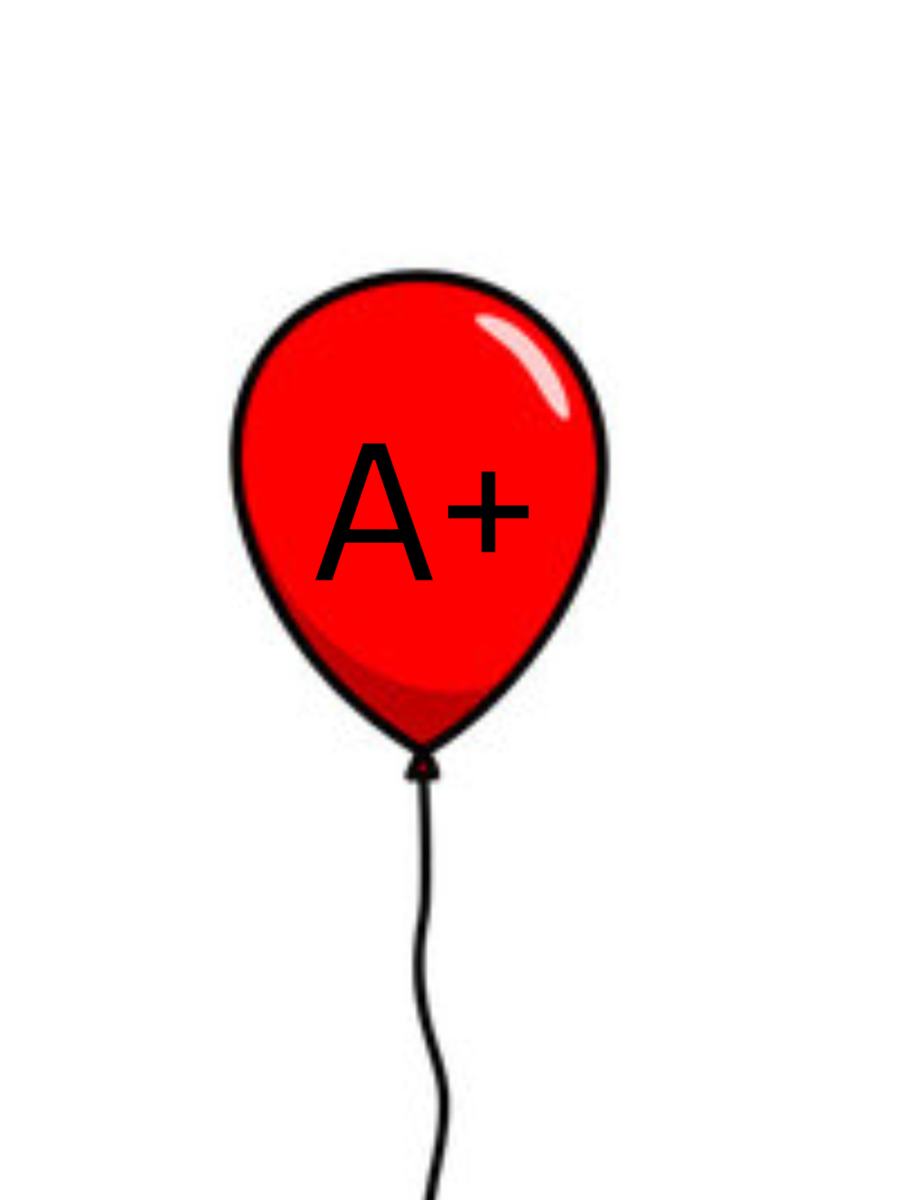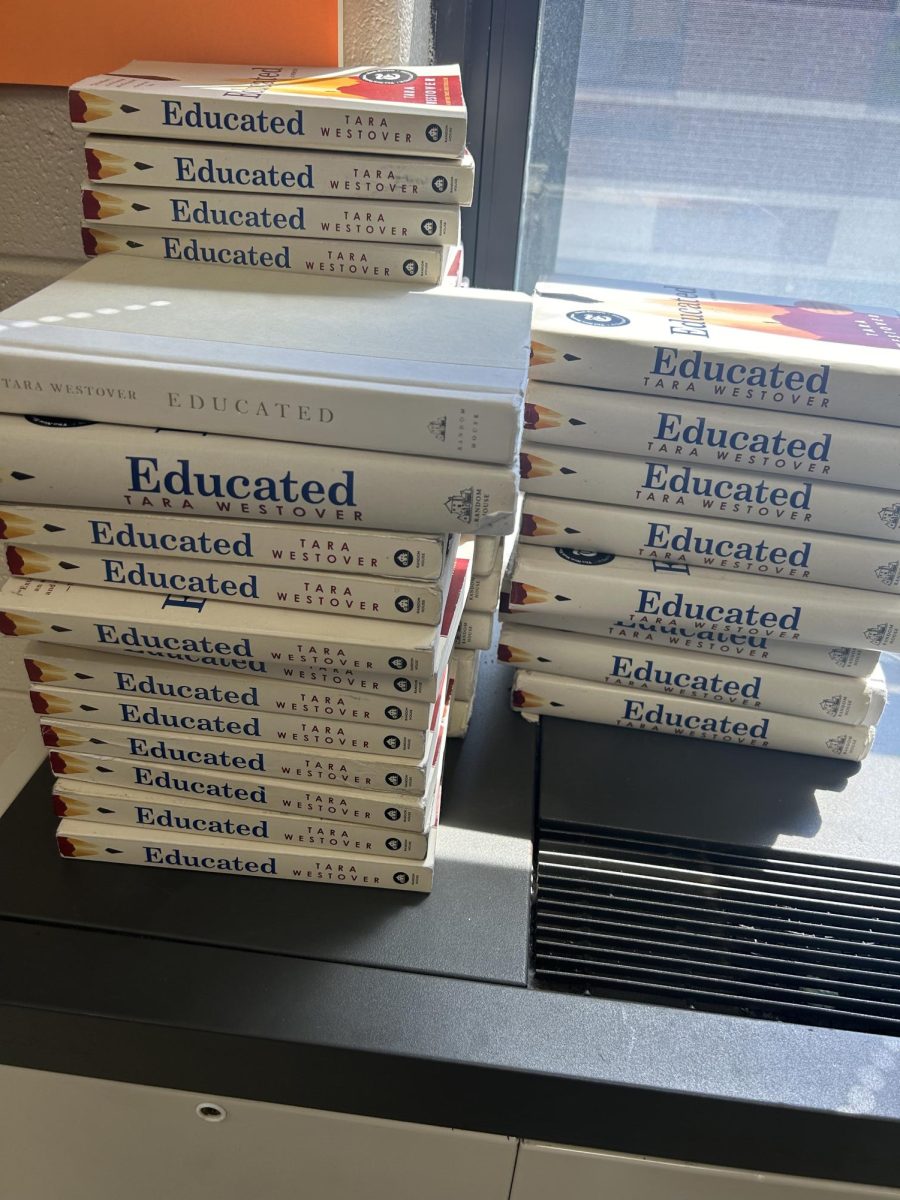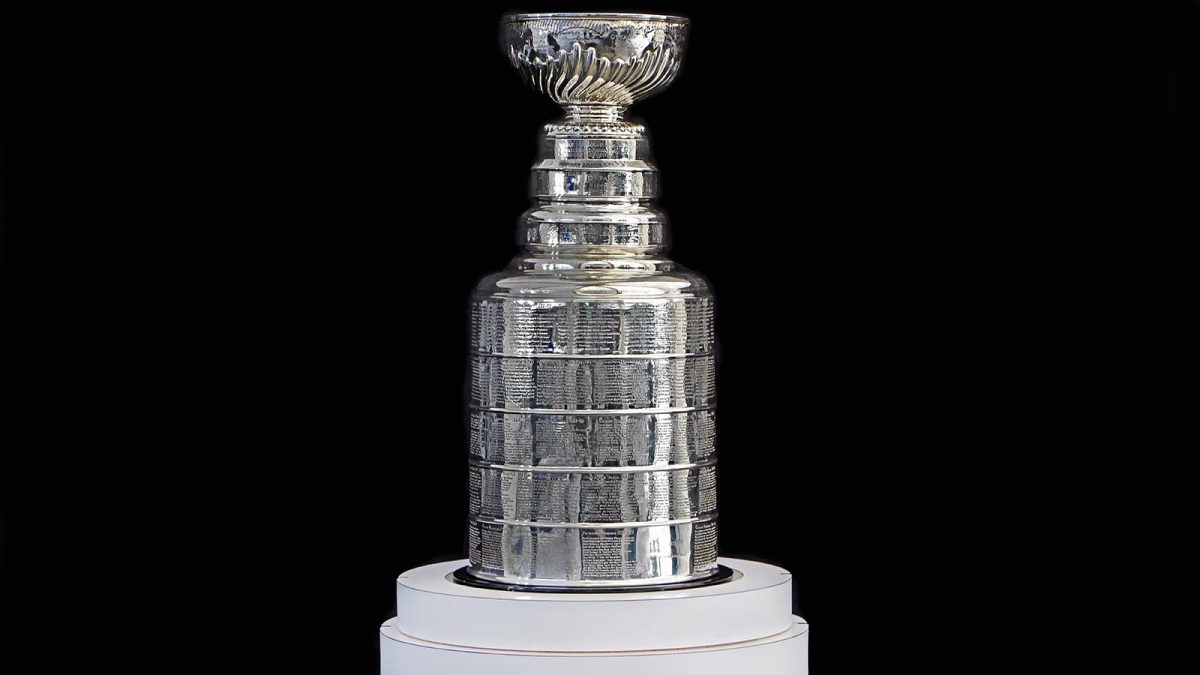Going to college has been seen by many as an experience of a lifetime, as it involves having fun away from home. Students’ lack of effort to think critically in certain situations gives them the false sense that they know more than experts, and college professors inflating grades only amplifies this.
This helps prove Nichols’ point, author of the book The Death of Expertise, that college inflating grades makes students feel overconfident in the knowledge they believe to be experts in. Students who misinterpret the quality of their education and classify themselves as experts due to grade inflation are robbed of the quality of their educational understanding, deteriorating the value of a degree.
Universities’ grade inflations reduce the value of college degrees for students and put employers in challenging situations to determine which student is an expert in that field. Across the country, universities have grade inflations that make it hard for jobs to decipher between what students are genuinely knowledgeable about and those who have been handed perfect grades.
With experts cracking down on how significantly terrible grade inflation is becoming, economist Sara Slavov explains how top schools, like Harvard, use grade inflation to cause students to look brighter than they may be: The most frequent grade currently given at Harvard College is an A-. A dean corrected that statement. The “median grade in Harvard College is indeed an A-. The most frequently awarded grade is a straight A”, stated Dean Evelynn Hammonds.
Top colleges, like Harvard, allude to the fact that they produce brilliant students, but the value of degrees significantly deteriorates. Students being handed perfect scores makes them less reliable and jeopardizes their careers since they have no reliable knowledge of whether they truly know the subject.
In addition, professors hand out higher letter grades. Hence, their reputation as highly recommended experts deteriorates when using grade inflations to satisfy students. Since job sites maintain high standards for performance, students must know what they are truly capable of after taking classes.
If a teacher is not honest about a student’s ability, it creates the illusion that they are more innovative than they actually are due to their professors. In the end, it hurt both students and our workforce here as we send people out into the field without proper knowledge.
While grade inflation may not prove that students become stronger academically, it does allow individuals in higher education to develop a more vigorous positive mindset.
While grade inflation may benefit students’ grades, it sadly causes most to try less since they know the teacher will not fail them. Grade inflation makes them think that any work they turn in will automatically not fail them because college professors want to protect their reputations and schools producing high graduates and keep schools.
Teachers’ power to hand out high grades makes students think they are more intelligent than experts. Grade inflation ruins students’ ability to take criticism and makes them feel like geniuses. Although some may see grade inflation as a benefit for perfect grades, it creates students who put less effort into assignments because they know no teachers will fail them.
Grade inflation is making college degrees less valuable because higher education students misinterpret the quality of their education, with universities applying grade inflation to procure graduates. Experts are reliable sources who have poured their lives into proving their beliefs, and people need to stop thinking they are more intelligent than those who are qualified with knowledge. By stopping grade inflation, some people may be upset with critical feedback and criticism, but they will honestly know what defies someone with expertise.








